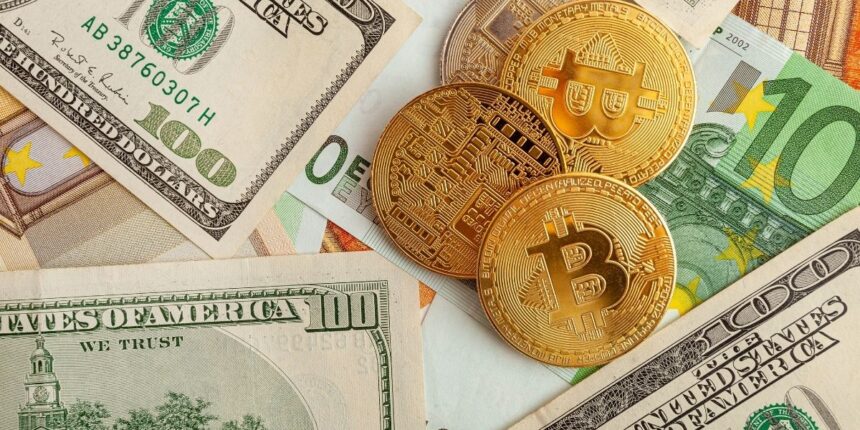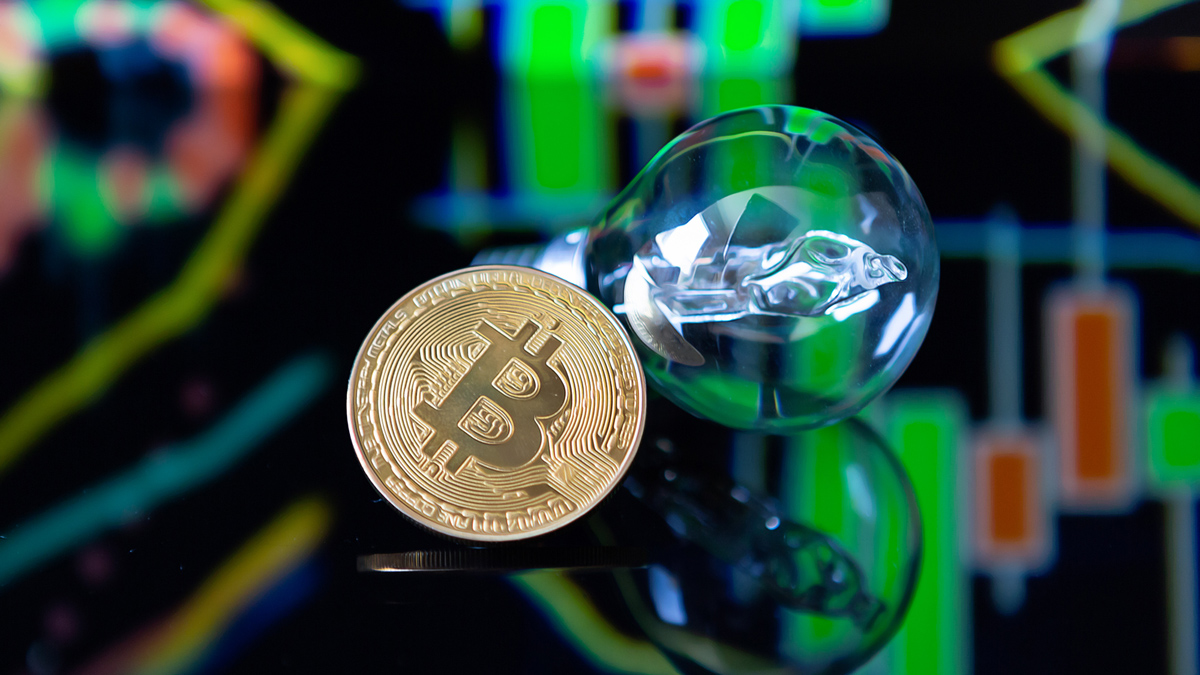The cryptocurrency markets experienced an exhilarating brief period following Trump’s election victory, with altcoins reaching impressive peaks and gains multiplying. However, the global trade crisis, exacerbated by the pandemic conditions created by Trump, has reversed the situation. This cycle is unlike previous ones and will continue to differ.
This Crypto Cycle is Different
In earlier cycles, halving events typically preceded all-time highs (ATH), but this time, we are witnessing a distinct process driven by ETF support. Historical data, setups, and structures are often discussed, yet this has been changing over the past four years. Cryptocurrencies are no longer in their previous shallow phases. Just as the narrative of maintaining prior ATH levels as support was breached during bearish markets, different violations are occurring today.

The thesis presented by Ki Young Ju, suggesting we have entered a bear market, is an interpretation rooted in historical data, warranting a cautious approach. We are on the brink of witnessing a unique bull market driven by short-term trends and the resolution of rising nodes.
This will depend on events like the Fed’s easing and the U.S. breaking its persistent stance in the global trade war. While China has the potential to become a global superpower, its economic prowess alone will not suffice to overhaul the U.S. in every aspect.
Thus, the European Union and others, recognizing the seriousness of the situation, will likely reach a compromise within weeks to end this chaos. Progress in U.S.-Japan trade discussions is promising, and Trump is open to discussions with China during today’s talks with Italy.
During his Southeast Asia tour, Chinese President Xi Jinping emphasized the idea of an “Asian family” to counter U.S. pressures on countries to restrict trade relations with China.
The only certainty is that we are at a significant turning point, and the U.S. must act swiftly.
Fed Faces the Harsh Reality
Trump may demand lower interest rates, but the Fed operates independently. The fundamental principle of central banks worldwide is independence, reiterated by Powell at every opportunity. Given the clear inflation risks, the market environment, which is at maximum employment, justifies the Fed’s reluctance to pursue aggressive cuts.
However, conditions will deteriorate. The Fed will either write a narrative of late intervention leading to a recession, similar to its delayed response to inflation, or it will recognize the need to act on its inflation targets.
“Monetary policy is well-positioned; I don’t see a need to change rates anytime soon. Tariffs will raise inflation this year and slow growth.”
“Tariffs will definitely affect inflation this year; the duration is uncertain. Growth will likely slow significantly this year, and unemployment will rise.”

 Türkçe
Türkçe Español
Español









